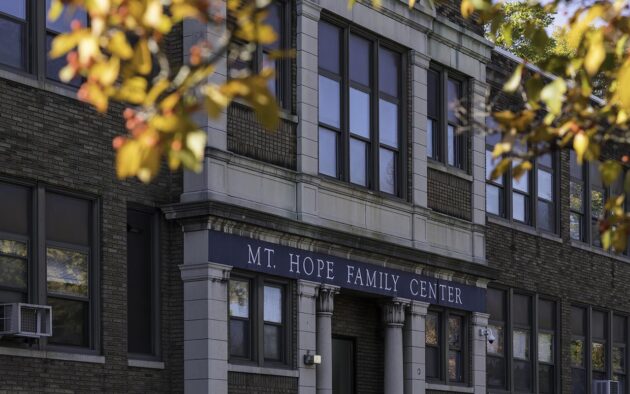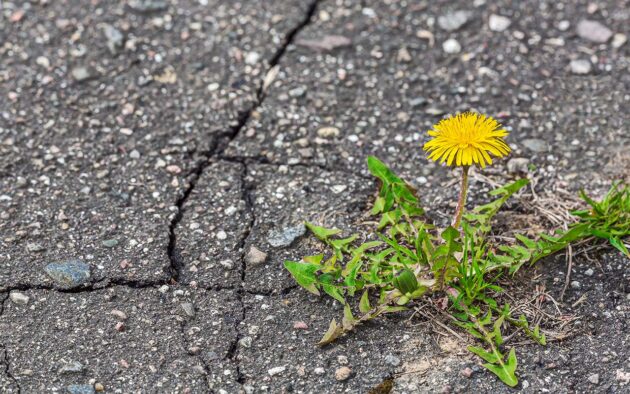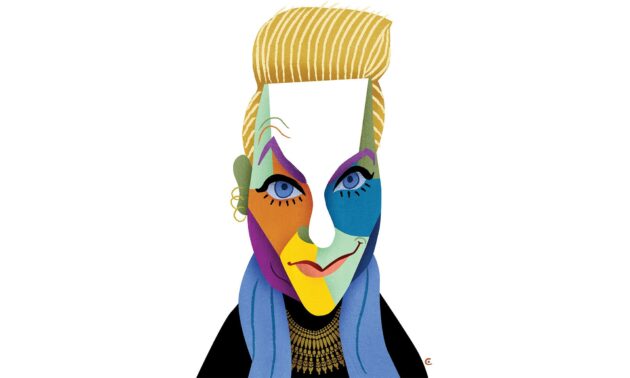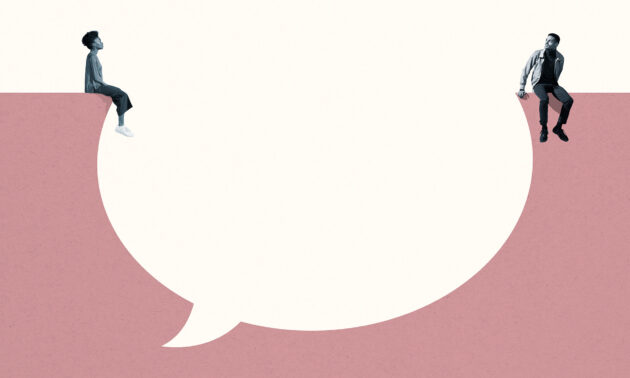Recent News

Edward Deci, pioneering psychologist who transformed thinking around human motivation, remembered
Deci cofounded the influential self-determination theory with fellow URochester psychology professor Richard Ryan.

The secret to happiness? Feeling loved
Two psychologists—one a happiness researcher and the other a relationship expert—say love isn’t found. It’s created, one mindset at a time.

Let’s play! URochester and The Strong Museum partner to advance research and innovation
The collaboration expands opportunities for education, innovation, and community engagement through the power of play.

8 things to know about the University of Rochester’s Mt. Hope Family Center
For 45 years, this national resource has pioneered cutting-edge psychology research while providing support for thousands of vulnerable families annually.

Understanding stress and resilience from the inside out
By studying the effects of persistent stress, URochester researchers are shedding light on how to be more resilient.

Why teens defy—and how parents can help
New research shows that teens heed warnings more when parents model their values and show understanding.

Who’s immune to conspiracy theories?
Rochester faculty on how political conspiracy theories start and spread—and why people believe them.

Material world
University of Rochester graduate Kasia Maroney ’92 talks about her career as an art conservator restoring priceless objects to their full glory.

The truth may hurt. But for couples, it’s worth it.
In a new study of more than 200 couples, a team of Rochester psychologists reveals the truth about honesty in answering tough relationship questions.

Why the powerful are more likely to cheat
Psychologists have found a correlation between a person’s self-perception of power and their (un)willingness to remain faithful.
